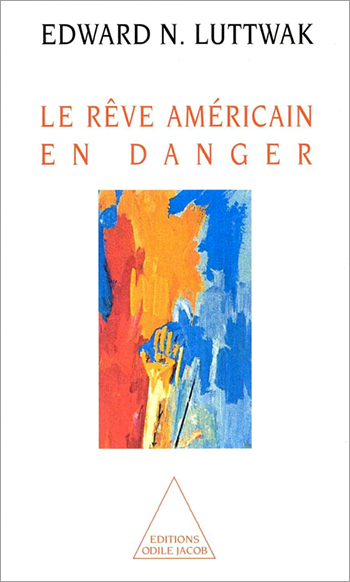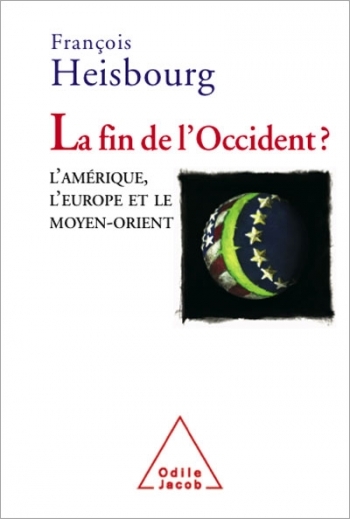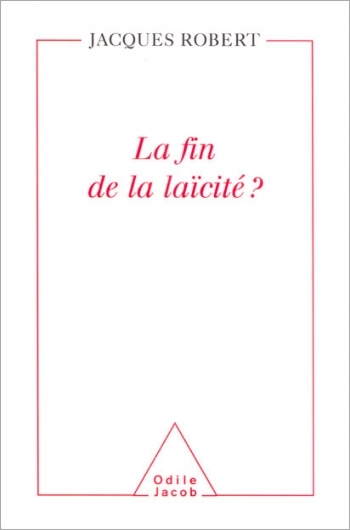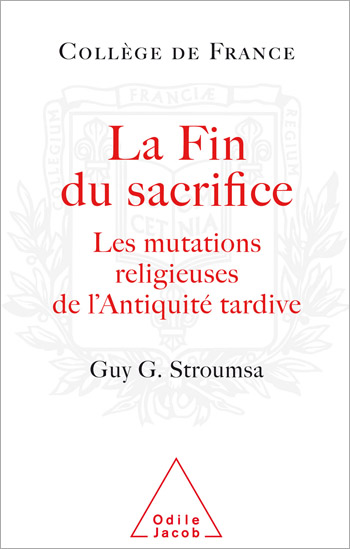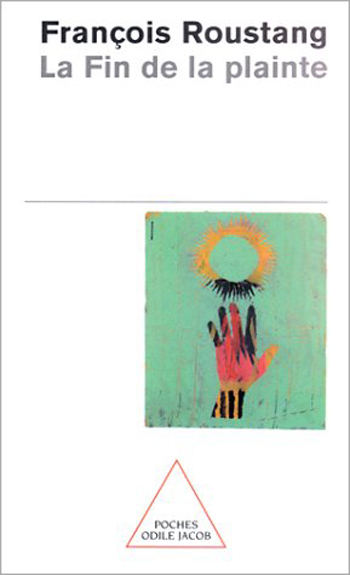Catalog All books
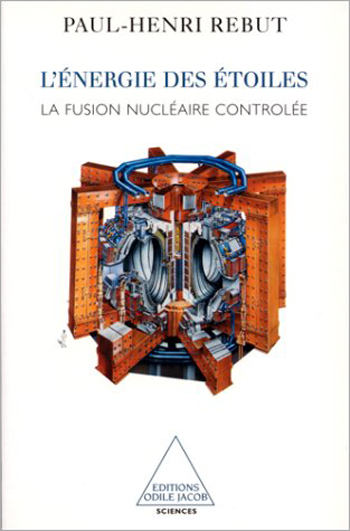
Paul-Henri Rebut
Energy of the Stars Controlled Nuclear Fusion
Nuclear fusion can be likened to God or the devil. Out there among the stars, it is godlike, creating atoms and giving birth to life. But down below, on earth, nuclear fusion is the devil: it has been used to make bombs that can annihilate everything, including all forms of life. Now that the devil of thermonuclear destruction seems to have been locked back in its box, nuclear fusion kept under tight control in civil reactors offers the hope for long-term economic development. Isnt it the only inexhaustible, non-polluting form of energy that offers no limits except that of human technical knowledge? Paul-Henri Rebut is a member of the Academy of Science.
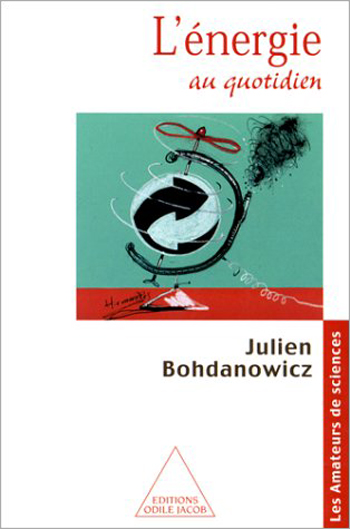
Julien Bohdanowicz
Energy in Daily Life
In this book about science in daily life, Julien Bohdanowicz explains that physics can help us understand how waste products have poisoned our environment, but also that it can show us how to treat waste. He makes readers discover the laws of the conservation of energy, which can be summarised in the well-known adage: Nothing is lost, nothing is created, everything is transformed. Julien Bohdanowicz is an engineering student at the École Nationale Supérieure des Techniques Avancées.
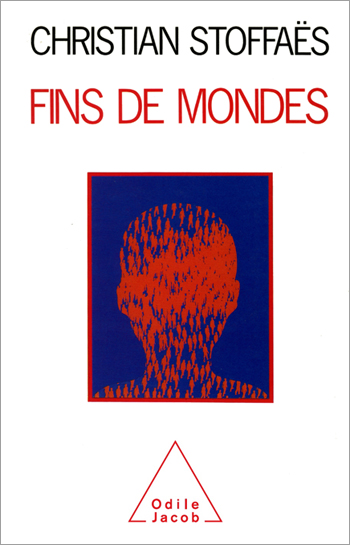
Christian Stoffaës
Ends of Worlds
An economic pulse sustains life in the modern world. C. Stoffaës investigates the highs of economic boom and the lows of paralyzing depression. He presents an historical survey of our dominant technological and mental structures from Keynes to Schumpeter, from the steam engine to the microchip, from the American golden age to the new Pacific prosperity.
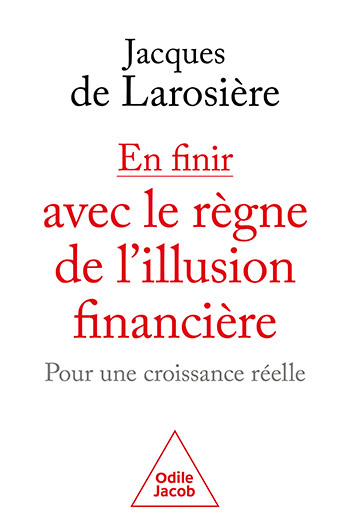
Jacques deLarosière
Ending the Financial Illusion In Defense of Real Growth
The belief that creating money is the same thing as creating resources is the worst possible illusion, as demonstrated in this lucid, succinct and incisive essay.
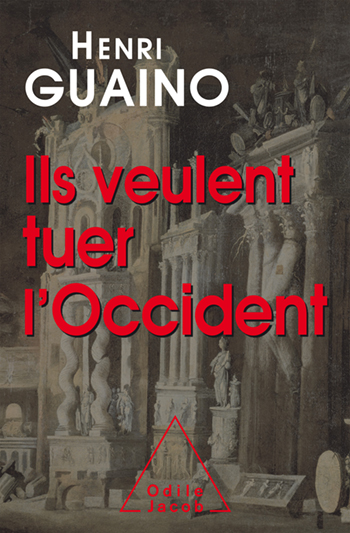
Henri Guaino
The End of the West?
A powerful, inspired text that calls upon the greatest voices in literature, philosophy, and history, and which is, through its writing, an illustration of the ideas it is defending.
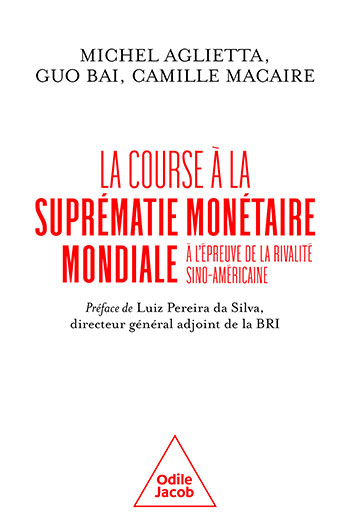
Michel Aglietta, Guo Bai, Camille Macaire
The End of the Hegemony of the Dollar
Fascinating developments on the most innovative elements of Chinese finance and its digital economy.
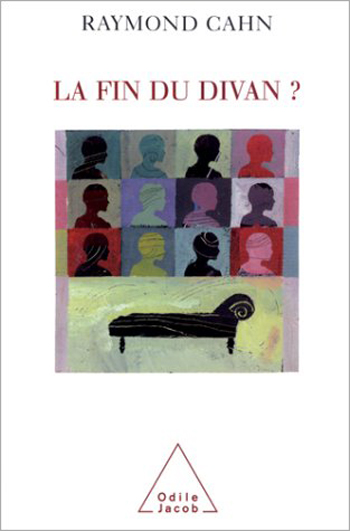
Raymond Cahn
The End of the Couch ?
Why do psychoanalysts refuse to review their methods, while simultaneously recognising that life-styles have evolved and that new pathologies have come into existence? Why, for example, do they remain devoted to the psychoanalysts couch, while realising that certain cures are at a dead-end? This is a controversial work on the challenges facing psychoanalysis a field that had its hour of glory in the 1960s but has since been somewhat discredited. Raymond Cahn is a psychiatrist and psychoanalyst.
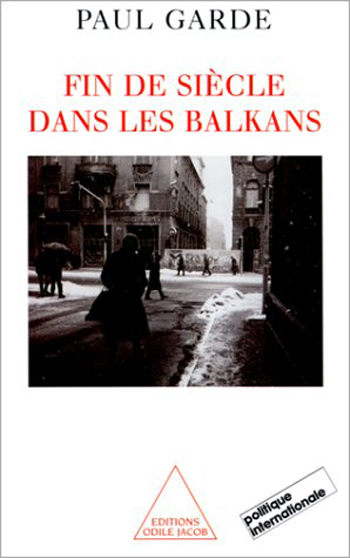
Paul Garde
The End of the Century in the Balkans
Fortunately, the situation is less tragic in 2000 than it was in 1992. There is no more fighting. And yet, none of the problems have been resolved and several conflicts remain pending. In two regions, Bosnia and Kosovo, peace is maintained thanks to a powerful international presence; hundreds of thousands of refugees have no hope of returning to their homes; most of the main criminals of war are still at large; and intolerance and poverty are widespread. It is thus necessary to make a correct diagnosis of the problems of the region, where surprises are always possible. I would be happy if this book could help contribute toward this. Paul Garde Paul Garde is a former professor of Slavic languages and literature at the University of Provence, France.
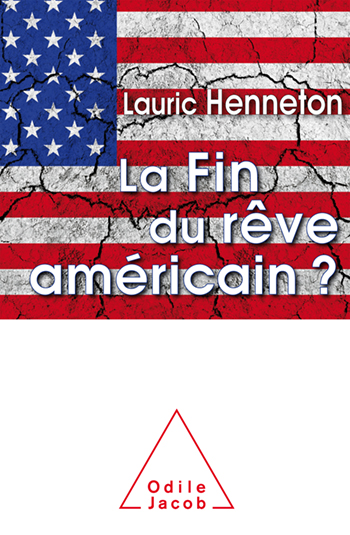
Lauric Henneton
The End of the American Dream?
A book that helps understand the history of the United States and American society today.
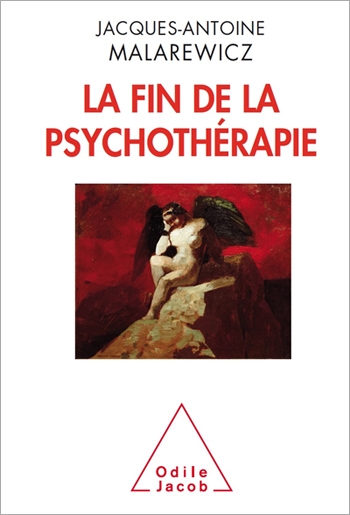
Jacques-Antoine Malarewicz
The End of Psychotherapy
Psychotherapy is becoming extinct. This book warns us of a process that threatens society.
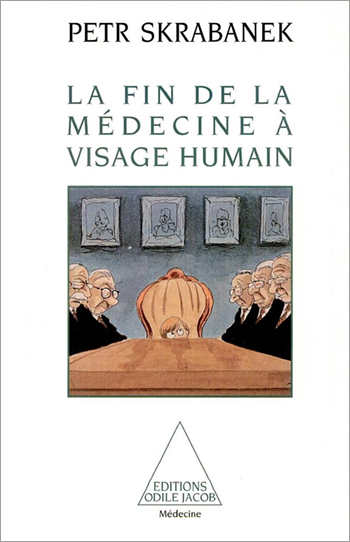
Petr Skrabanek
The End of Humanitarian Medicine
Medicine is at a crossroads. Traditionally, practitioners helped patients who came to them looking for support, for something to alleviate their suffering. However, the progress which has been accomplished in the last few decades has changed everything. Doctors now claim to be fighting death itself, they believe medicine to have almost limitless powers, and they try to prevent illness by changing behaviour. From this point onwards, our entire existence becomes overmedicalized. In the name of health at any price, doctors now dictate, prescribe and legislate whilst forgetting the essential meaning of their job : to help and to care. A violent criticism of contemporary medicine.

